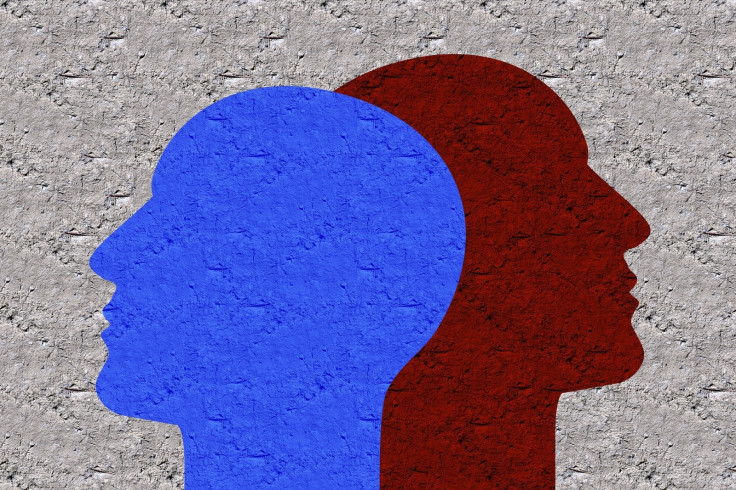Our personality is closely linked to our motivation to get what we want in life
An expert weighs in on the debate about personality and where it comes from.

The issue of where personality comes from and how it works has been discussed by scientists for decades, yet there is still no universal answer.
Some hypotheses advance that personality resides in our genes and is passed on from our parents. It is also believed our personalities are shaped by our experiences and subject to evolution, but the line between what we're born with and what we build during our lifetime is blurred and subject to controversy.
Carol Dweck weighs in on the debate with her own hypothesis in an article for Psychological Review published today (14 February).
According to Dweck, Lewis and Virginia Eaton Professor of Psychology at Stanford University, our personality is built around basic needs we want to fulfill in our lifetime.
Dweck defines personality as "recurrent patterns of thoughts, feelings and actions" and suggests that motivation, development and personality are very closely linked.
Dweck says humans come with basic needs to predict our world, taking action to build competencies, and the need to be accepted by others.
If we look at babies and toddlers, Dweck explains, we see that the way they try to meet their needs and what happens to them when they do so is going to influence their worldview; is the world good or bad? They start believing the world works in a certain way.
Dweck calls these beliefs and the emotions and action tendencies that come with them BEATS. They are the accumulated experiences made while trying to meet their needs.
Some psychologist use a five factor model (FFM), commonly known as the big 5 to identify general personality traits. It includes openness to experiences, conscientiousness, extraversion, agreeableness and neuroticism (being nervous or sensitive vs being secure and confident).
BEATS can be both visible and invisible. For instance, if we take one of the Big 5 like conscientiousness, we can identify between the people that are self-disciplined or more careless. These are visible parts of BEATS, but the beliefs that push people to be self-disciplined or careless is invisible.
Some people think their abilities are set in stone, so faced with a challenge, they will take the easier route, something they know they can handle within the limits of their abilities, says Dweck.
However, people who believe their abilities can develop over time are more likely to welcome a more challenging task. They will see it as an opportunity to grow.
Temperament is also important. For instance, a kid that is easily scared will try to predict everything that could happen to him before it does. Likewise, extraverted people will want to meet other people while introverted ones will stick to a very carefully selected circle of friends. It can also influence how people react to certain situations they encounter in their lives. Certain experiences experienced in childhood will mould how we will deal with scenarios later in life.






